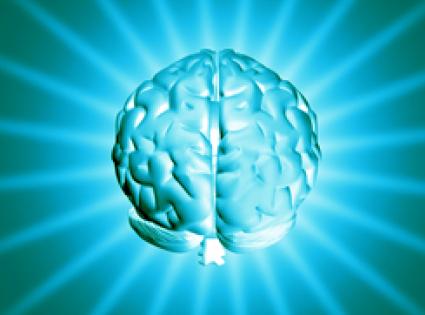Más allá de los genes; más allá de la piel: sobre la razonabilidad argumentativa del constructivismo biológico y sus posibles implicaciones ético-jurídicas.
Durante gran parte del siglo XX el desarrollo biológico fue mayormente entendido como preformado genéticamente. Este preformacionismo (gencentrismo o ADN-centrismo) viene acompañado de dicotomías como la de naturaleza-crianza, todavía en uso ámbitos filosóficos y científicos, que separan ontológicamente al organismo, humano o no, de su ambiente. Hay quien, sin embargo, disiente. Así, se analizan dos aproximaciones constructivistas en Filosofía de la Biología: la Teoría de los Sistemas de Desarrollo y el Neomecanicismo. Las dos pueden considerarse parte del llamado “interaccionismo constructivista”, fortalecido desde finales del siglo XX y opuesto al preformacionismo. La cuestión central será si ambas son argumentativamente solventes, es decir, consistentes internamente, entre sí y con los datos científicos relevantes. Este estudio hipotetiza y trata de probar que sí lo son, y apunta, además, a los vínculos del interaccionismo constructivista con campos de estudio actualmente operativos en filosofía y ciencia. Respectivamente, con la perspectiva organizativa sobre el desarrollo y la herencia biológicos y con el paradigma del Exposoma en epidemiología. Finalmente, de cara a resaltar la fecundidad filosófica del enfoque constructivista defendido, se señala someramente el potencial ético-jurídico de esta reflexión a través de sus posibles implicaciones en la filosofía ambiental.
Palabras clave: ADN-centrismo, constructivismo, razonabilidad argumentativa, manipulacionismo, Teoría de los Sistemas de Desarrollo, Neomecanicismo, especificidad, información.
ABSTRACT: During most of the twentieth century, biological development was mostly understood as genetically preformed. This preformationism (gencentrism or DNA-centrism) is accompanied by dichotomies such as the nature-nurture one, still in force in today’s philosophical and scientific fields of knowledge, that ontologically disengage the organism, human or not, from its environment. There are those who, however, disagree. Thus, two constructivist approaches in the Philosophy of Biology are analysed: the Developmental Systems Theory and Neo-mechanism. Both can be considered part of the so called “constructivist interactionism”, which has gained momentum since the final period of the 20th century and is opposed to biological preformationism. The central question here is whether both are argumentatively sound, i.e. internally and mutually consistent, and consistent with the relevant scientific data. This study hypothesizes and tries to prove that they are, and furthermore points to the links of constructivist interactionism with currently operative fields of philosophical and scientific study. Respectively, with the organisational perspective on biological development and inheritance and with the Exposome paradigm in epidemiology. Finally, in order to highlight the philosophical fruitfulness of the constructivist approach defended, the ethical-legal potential of this reflection is briefly pointed out through its possible implications in environmental philosophy.
Key words: DNA-centrism, constructivism, argumentative soundness, manipulationism, Developmental System Theory, Neo-mechanism, specificity, information.







